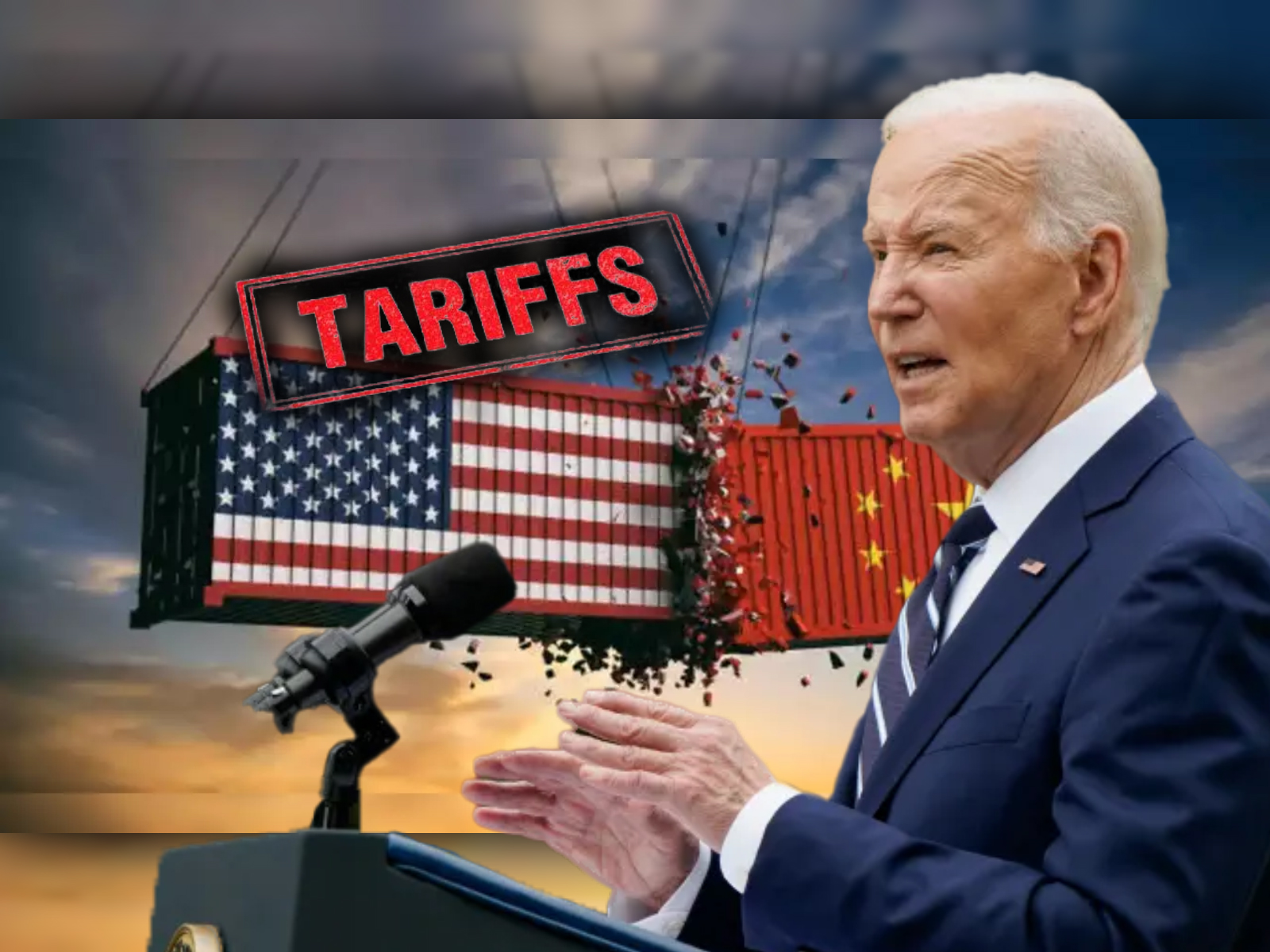
(Washington) The Biden administration’s recent implementation of tariffs targeting Chinese electric vehicles and other high-tech sectors is intended to bolster U.S. manufacturing. However, these measures might inadvertently shift Chinese production to Mexico and Vietnam, potentially undermining their effectiveness.
According to U.S. officials and trade experts, there is a growing concern that unless strict measures are taken, Chinese products subject to the new tariffs could be rerouted through countries like Mexico and Vietnam, which are not currently under similar U.S. trade restrictions. Eswar Prasad, a trade policy professor at Cornell University, emphasized that the new tariffs could prevent direct imports from China, but many of these goods might still enter the U.S. market through indirect channels.
Mexico has recently surpassed China as the primary source of U.S. imports, with goods worth over $115 billion coming from Mexico in the first quarter of 2024, compared to less than $100 billion from China. This surge has raised alarms about Mexico’s potential role as a conduit for Chinese goods looking to circumvent U.S. tariffs, particularly as Chinese EV manufacturers like BYD explore setting up production facilities in Mexico.
The Biden administration’s tariff strategy includes significant increases in duties on Chinese high-tech imports, such as a fourfold increase in tariffs on electric vehicles and a doubling for semiconductors and solar cells. Additional duties are planned for critical battery minerals, graphite, and EV battery magnets in the coming years.
U.S. Trade Representative Katherine Tai expressed concerns about the trade dynamics between Mexico and China, hinting at upcoming efforts to address tariff evasion. The U.S.-Mexico-Canada Agreement (USMCA) provides Mexico with virtually zero tariffs on its exports to the U.S., adding complexity to the situation. The Commerce Department is also considering granting Vietnam “market economy” status, which would impact duties on Vietnamese imports.
Senior USTR adviser Cara Morrow highlighted ongoing discussions with Mexico to curb the transshipment of Chinese steel and aluminum, emphasizing the USMCA’s goal of enhancing North American competitiveness without serving as a gateway for Chinese products.
The new tariffs also risk pushing Chinese overproduction towards Europe, where trade protections are generally weaker, potentially leading to an international redistribution of these goods. This situation illustrates the challenges of containing global production shifts, as efforts to compress trade in one area might simply see it expand in another.
WQAD News 8
https://www.youtube.com/@Wqadnews8/videos




